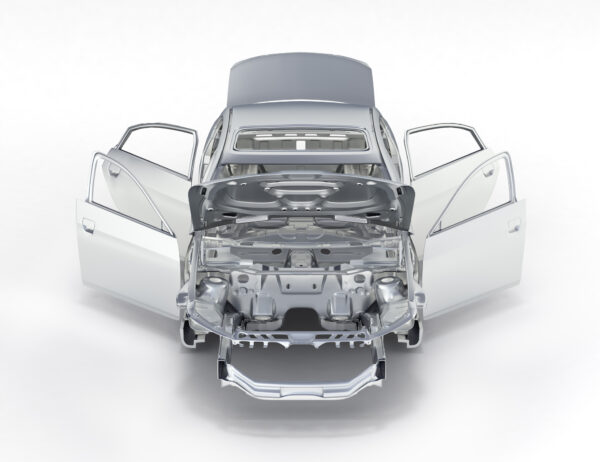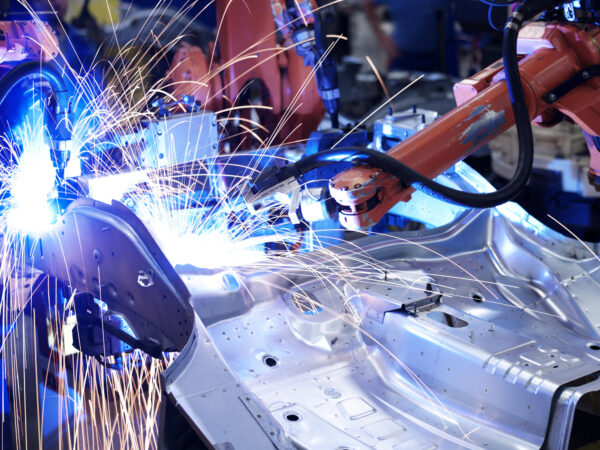This Issue:
We’re spotlighting the evolution of Press Hardening Steel Grades, from the original 22MnB5 to today’s cutting-edge grades, and sharing practical solutions for joining AHSS. Whether you’re engineering for performance or production, WorldAutoSteel’s AHSS Guidelines help you harness steel’s full potential.
Press Hardening Steel Grades: A Look at Materials, Coatings, and Process Evolution
 Press Hardening Steel (PHS) Grades have been essential to automotive lightweighting and crash performance for over 40 years. Our latest AHSS Insights article shares comprehensive knowledge on PHS Grades, including how these materials continue to evolve.
Press Hardening Steel (PHS) Grades have been essential to automotive lightweighting and crash performance for over 40 years. Our latest AHSS Insights article shares comprehensive knowledge on PHS Grades, including how these materials continue to evolve.
Starting with 22MnB5 as the original standard, the post traces advancements including the Press Quenched Steels having enhanced ductility essential for crash energy management, as well as the highest strength press hardening steels reaching 2000 MPa for superior intrusion prevention in safety cage applications. All developed to meet the demands of the evolving automotive and transportation industries.
Key technical insights cover:
- Direct vs. indirect press hardening and compatible coating systems
- Emerging PQS grades for reliable strength across cooling rates
- Composite sandwiches, pre-cooled stamping, and multi-step forming
- Innovations like UniSteel and SIBORA for tunable properties from a single alloy
Whether you’re focused on structural design, safety, or manufacturability, this article provides a strong refresher on the expanding role of PHS.
Read the Article on AHSS Insights
Joining High-Strength Steels – Current and Future Applications
 The unique physical characteristics of Advanced High-Strength Steels (AHSS) present challenges to welding and bonding processes. To address these challenges and support successful implementation on the production line, we’ve created comprehensive resources for the automotive industry.
The unique physical characteristics of Advanced High-Strength Steels (AHSS) present challenges to welding and bonding processes. To address these challenges and support successful implementation on the production line, we’ve created comprehensive resources for the automotive industry.
Whether you’re using resistance spot welding, laser welding, or adhesives, WorldAutoSteel’s AHSS Application Guidelines offer proven, real-world insight. You’ll find practical guidance on avoiding Liquid Metal Embrittlement (LME), managing multi-layered stackups, and joining dissimilar grades, based on research conducted from programs like Steel E-Motive.

